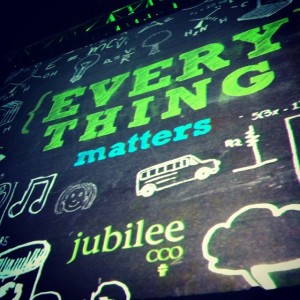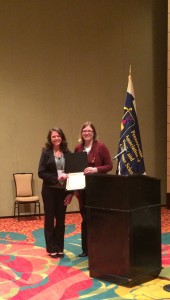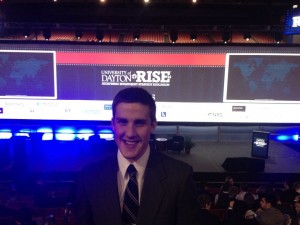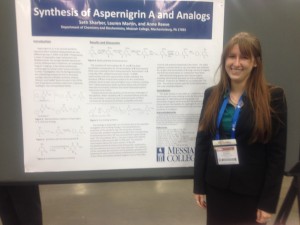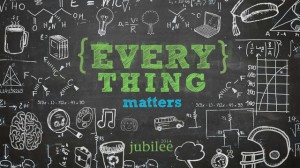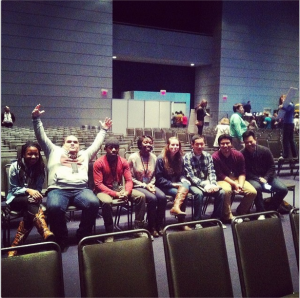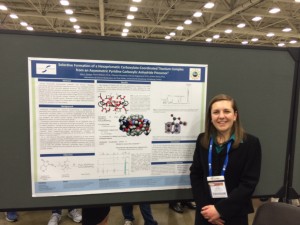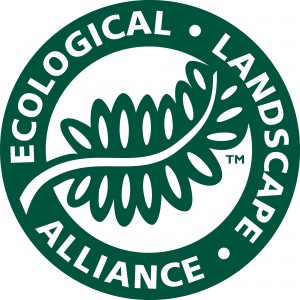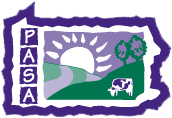Council for Exceptional Children’s International Conference – by Domenic Michael Andolina
May 13th, 2014On Friday April 11th, 2014, I had the privilege of attending and presenting at the 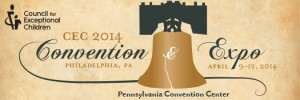 held in Philadelphia, Pennsylvania (also known as CEC). This event is hailed as one of the most prestigious conferences for special educators in the world. It is held annually, and consists of a wide variety of presenters sharing new and upcoming research/evidence based practices that influence the practice of educating students with special needs. There are about 400 presentations each day, consisting of posters, panel discussions, workshops, and demonstrations. My attendance and presentation at this event both challenged me as a professional, and enabled me to share the knowledge that I had gained from my formative time spent at Messiah College.
held in Philadelphia, Pennsylvania (also known as CEC). This event is hailed as one of the most prestigious conferences for special educators in the world. It is held annually, and consists of a wide variety of presenters sharing new and upcoming research/evidence based practices that influence the practice of educating students with special needs. There are about 400 presentations each day, consisting of posters, panel discussions, workshops, and demonstrations. My attendance and presentation at this event both challenged me as a professional, and enabled me to share the knowledge that I had gained from my formative time spent at Messiah College.
Dr. Melinda Burchard (Assistant Professor of Special Education) provided me with this opportunity. Last Spring, she submitted a proposal, which included an outline and abstract of our presentation entitled, “Concrete Tier 3 and Special Education Math Interventions”. This proposed 1 hour demonstration would be co-presented by Dr. Burchard, Danielle Morabito (a fellow Senior majoring in Early Childhood and Special Education), and myself. During this process, I learned how to propose a presentation for a professional conference, which will be extremely beneficial to my future career plans.
As a result of the many individuals with disabilities who attend this conference, I learned that it is crucial to include multiple means of representation when presenting. It was not enough to have a PowerPoint (visual), but to also include auditory (reading, not just summarizing the information on the slides, in addition to expanding on the information), and kinesthetic (engaging the audience in the creation of low-tech mathematical interventions). Being intentional about this part of our presentation proved to be extremely successful. In addition, I also grew professionally by learning how to be an effective and respectful communicator during a time of questioning and answering within our presentation.
One of my PowerPoint slides showed an instructional objective used to measure student learning of interpreting data on a circle graph. A professional in the audience asked me, “Why is your quality set at only 50%?” You could feel the tension in the room as she offered me this question. As I thought about my answer, I thanked her for bringing it to my attention. I admitted that my knowledge of instructional design had grown since the creation of the intervention, and that I found it crucial to adjust this quality before implementation of my intervention. I also added that it is important to be a reflective teacher, and that her comment enabled me to realize an area of weakness. Overall, through presenting and being asked questions, I learned how important it is to respect my audience, in order to continue my growth as a public communicator.
This presentation was an outgrowing of a project that I completed in my junior year at Messiah. We received a tremendously positive response from our demonstration, while inspiring teachers, higher educators, and paraprofessionals with our unique approach to Tier 3 mathematical interventions. After our presentation, I was able to fully understand the wealth of information that I had gained through this project. It also helped me to translate my experiences of being a college student to my future classrooms—where it will affect students in positive and amazing ways. Each of my assignments here at Messiah, in particular my attendance and presentation at this conference, has enabled me to be a more reflective teacher and has prepared me to be a strong professional influence in the world of education.
